As flames engulfed his home in Altadena, California, Mike Rothschild's world was turned upside down. The journalist and expert on conspiracy theories had spent years studying the phenomenon, but nothing could have prepared him for the experience of being on the receiving end. His house, a victim of a devastating wildfire, was reduced to ashes, and with it, a sense of normalcy. Rothschild's story is a stark reminder of how conspiracy theories can take hold in the aftermath of tragedy, obscuring real causes and elevating fake ones.
For Rothschild, the experience was a wake-up call. He had spent the last decade writing about conspiracy theories and disinformation, from the rise of QAnon to Donald Trump's alleged assassination attempt. He had even testified to Congress and written a report for the January 6th Committee. But despite his extensive knowledge, he had never lived through the chaos that comes with being at the center of a conspiracy theory.
As he navigated the complex web of misinformation and speculation surrounding the wildfire, Rothschild realized that conspiracy theories often follow a familiar pattern. Tragedy strikes, and in its wake, misinformation and conspiracy theories spread like wildfire. Natural disasters, in particular, seem to be a breeding ground for these theories, as they often intersect with culture-war-driven climate change denialism.
Rothschild's experience serves as a stark reminder of the human cost of conspiracy theories. When tragedy strikes, people are often left feeling vulnerable and searching for answers. In the absence of clear information, conspiracy theories can fill the void, providing a sense of control and understanding in a chaotic world.
But what drives these theories, and how can we protect ourselves from their influence? According to Rothschild, conspiracy theories often thrive in environments where people feel disconnected from the truth. "When people feel like they're not being told the whole story, they start to fill in the gaps with their own theories," he explains. "It's a natural human response, but it can be incredibly destructive when it's fueled by misinformation and speculation."
Rothschild's research has shown that conspiracy theories often rely on a combination of factors, including confirmation bias, social influence, and the availability heuristic. When people are exposed to information that confirms their existing beliefs, they are more likely to accept it as true. Social influence, meanwhile, can lead people to adopt conspiracy theories as a way of fitting in with their social group. And the availability heuristic, which is the tendency to overestimate the importance of information that is readily available, can make conspiracy theories seem more plausible than they actually are.
So, how can we protect ourselves from the influence of conspiracy theories? Rothschild recommends a critical approach to information, one that involves questioning sources and considering multiple perspectives. "It's not about being a skeptic or a cynic," he says. "It's about being a critical thinker, someone who is willing to question information and seek out multiple sources before making a judgment."
In the aftermath of tragedy, it's more important than ever to approach information with a critical eye. By doing so, we can reduce the spread of misinformation and conspiracy theories, and create a more informed and empathetic public discourse.
As Rothschild reflects on his experience, he is clear about the importance of seeking out reliable sources of information. "In the face of tragedy, it's easy to get caught up in speculation and misinformation," he says. "But by seeking out credible sources and approaching information with a critical eye, we can create a more informed and compassionate public discourse."
In the end, Rothschild's story serves as a powerful reminder of the human cost of conspiracy theories. By understanding the factors that drive these theories and taking a critical approach to information, we can reduce their influence and create a more informed and empathetic public discourse. As we navigate the complex world of conspiracy theories, it's more important than ever to approach information with a critical eye and to seek out multiple perspectives before making a judgment.
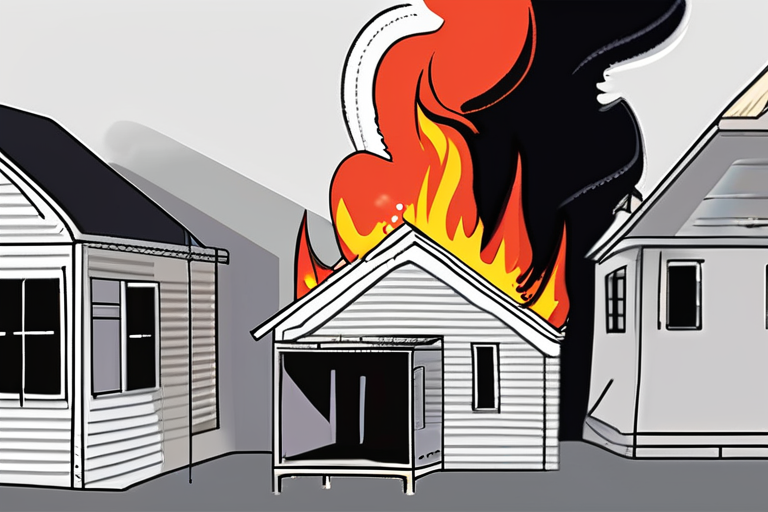


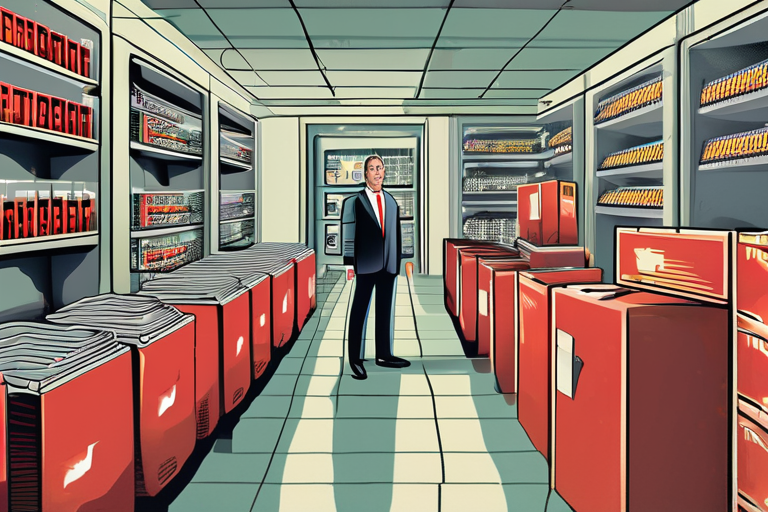
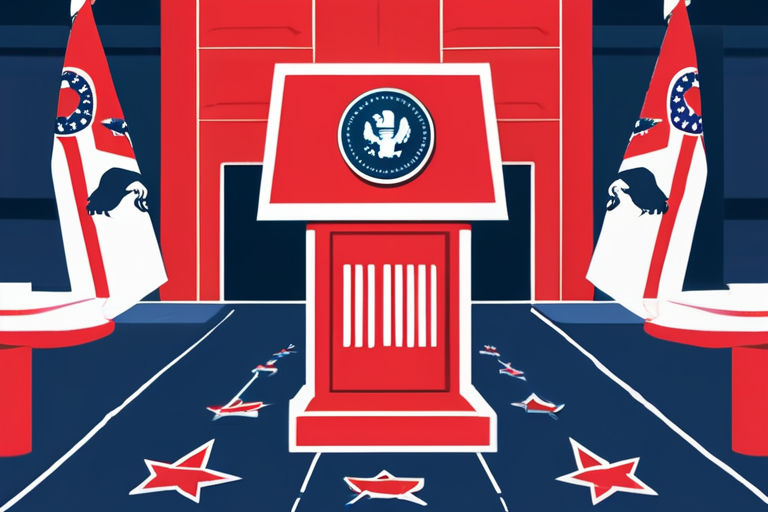
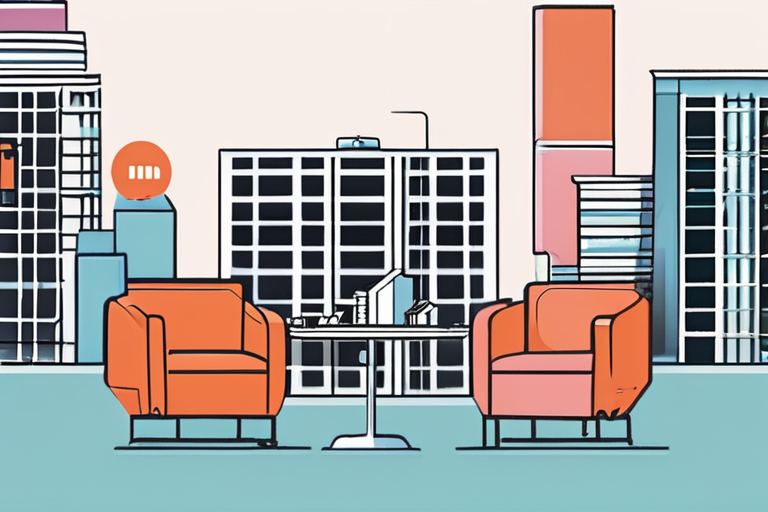
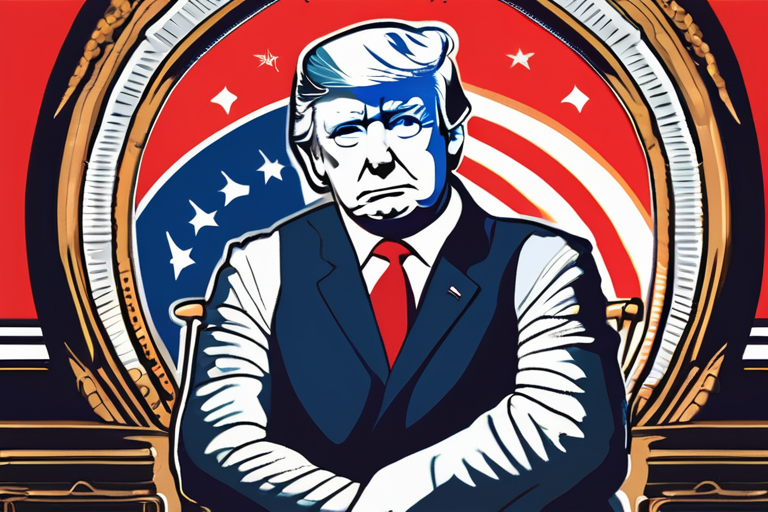
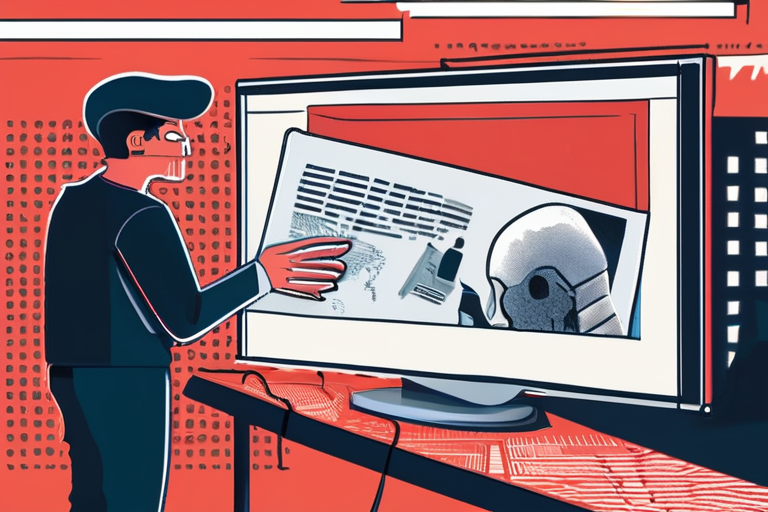
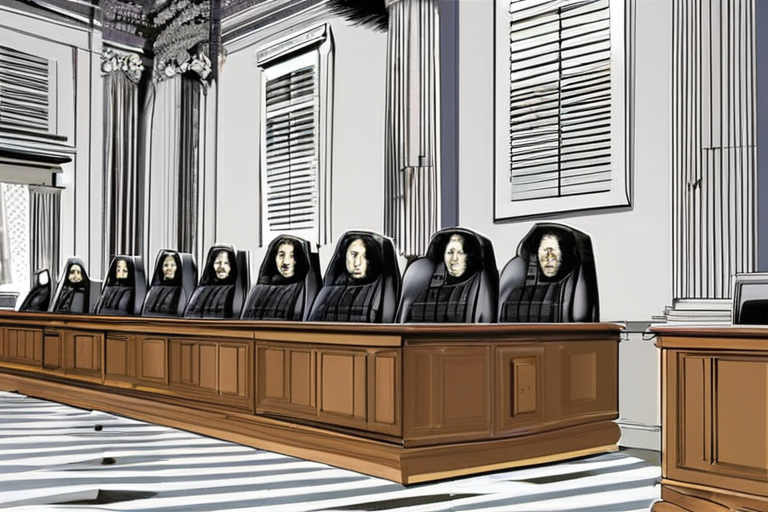
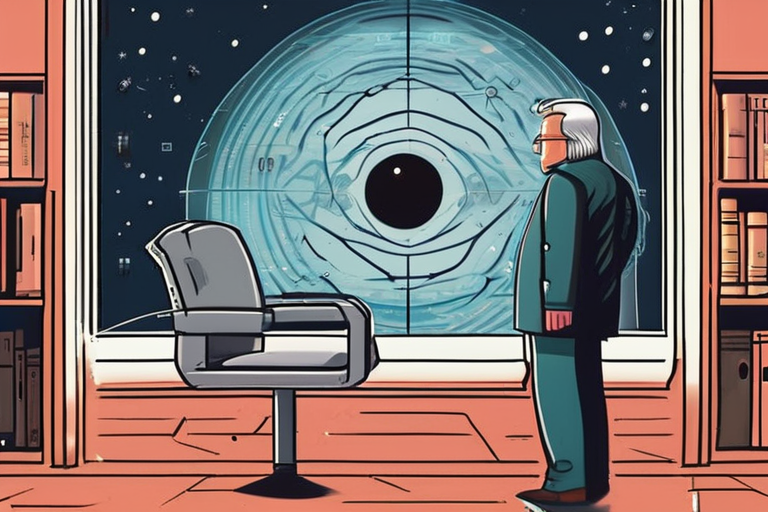
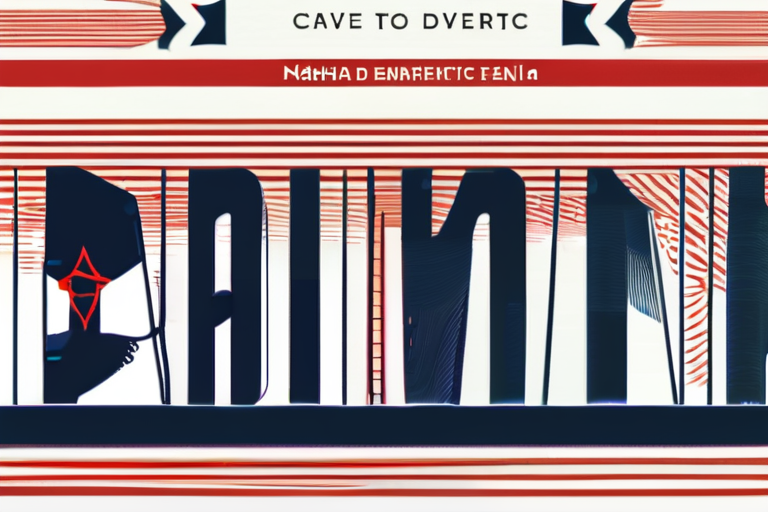
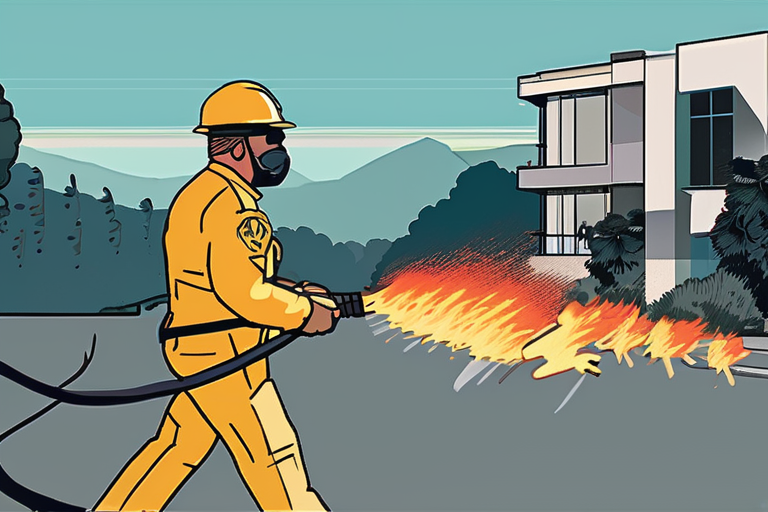
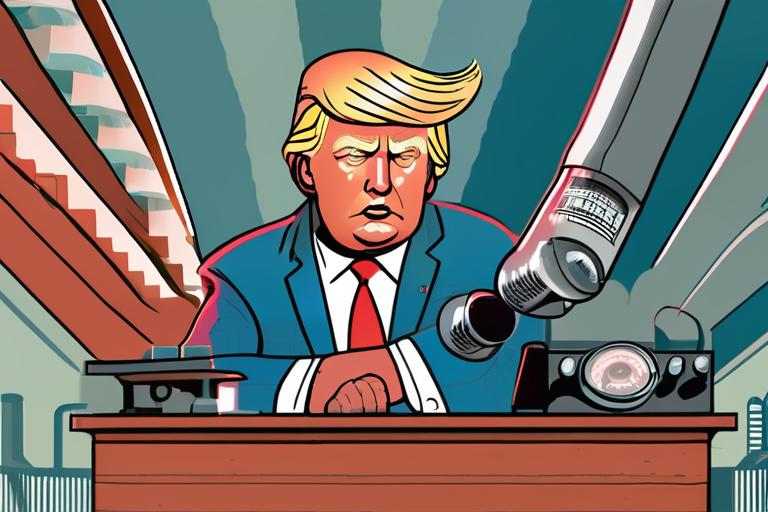
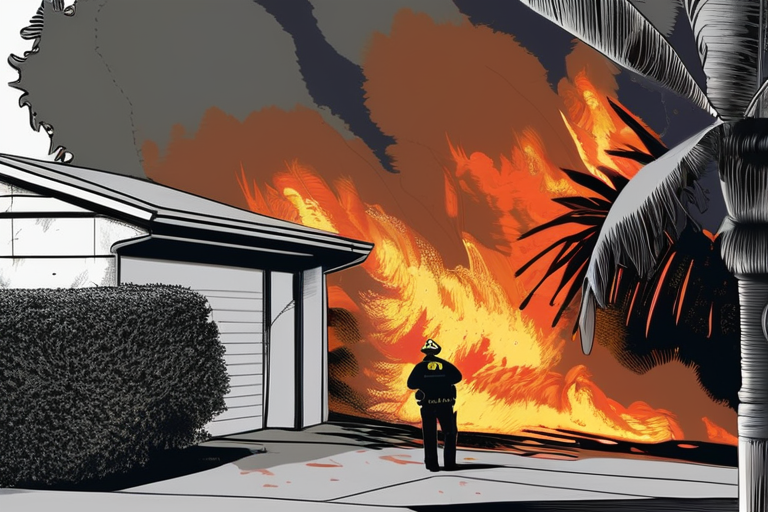
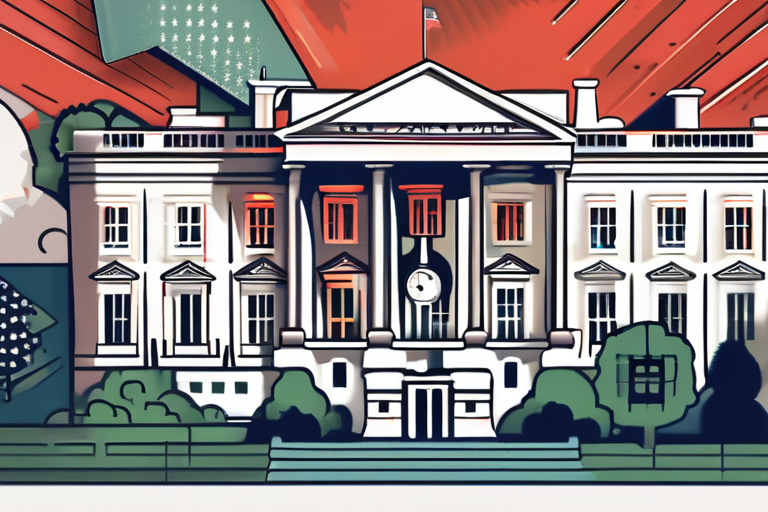
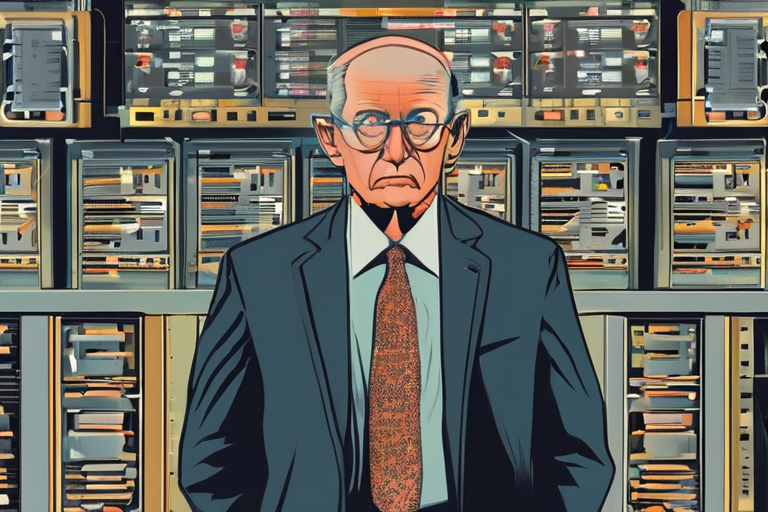
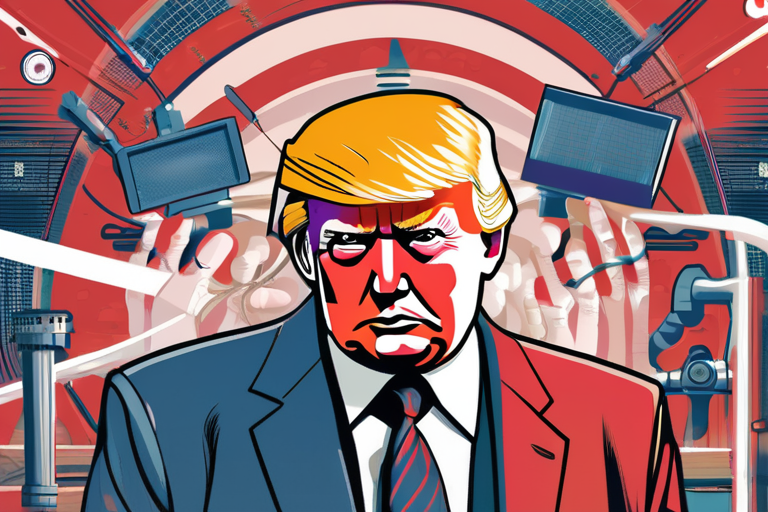
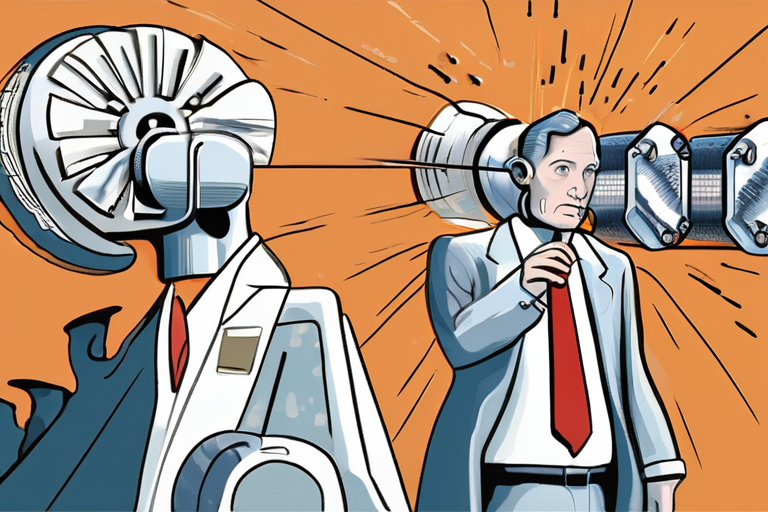
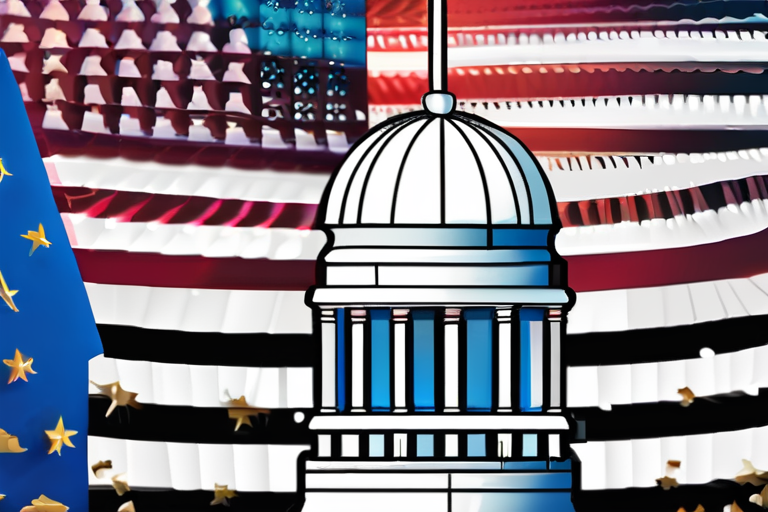
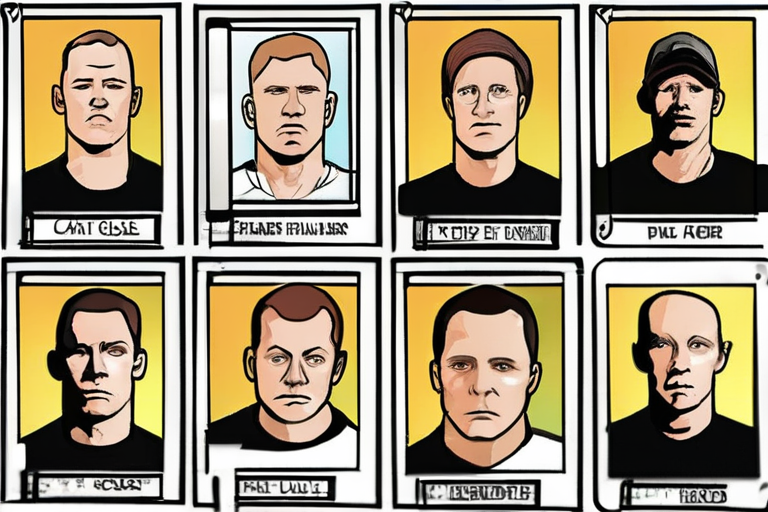

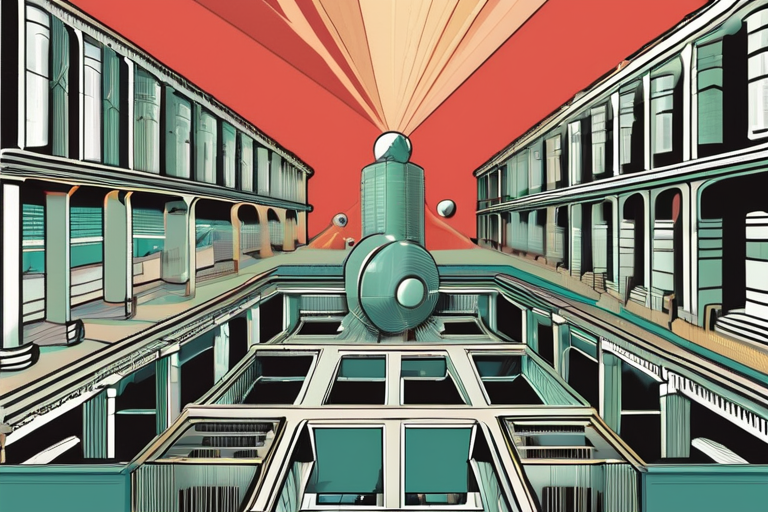
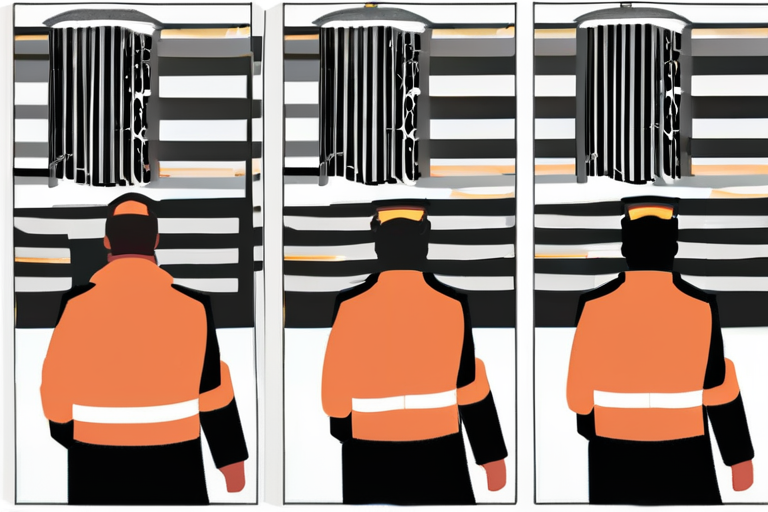
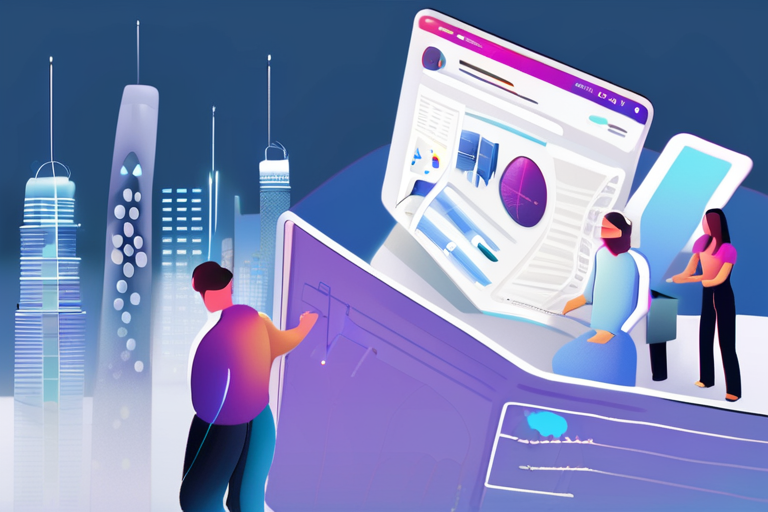
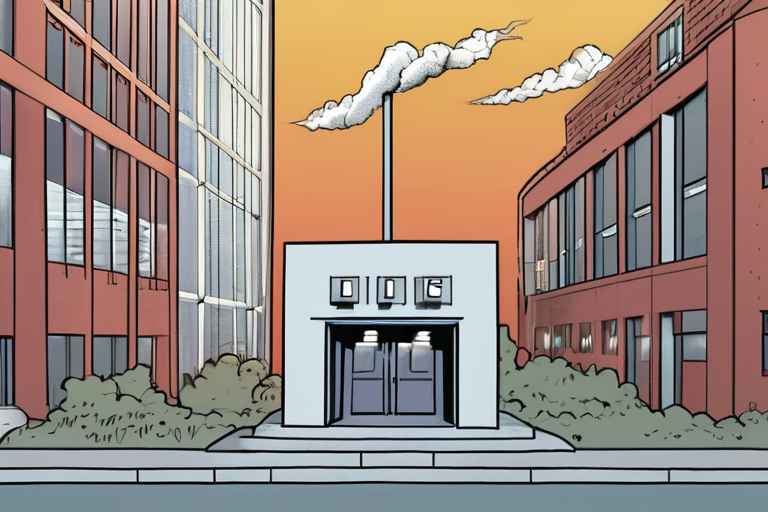
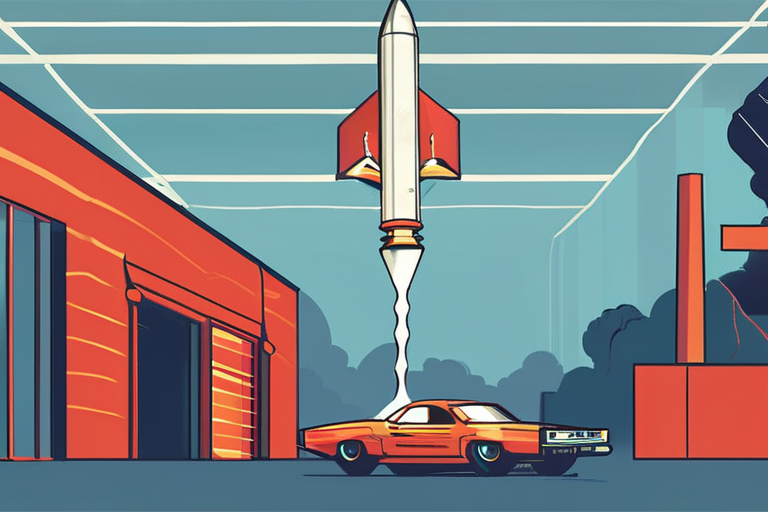
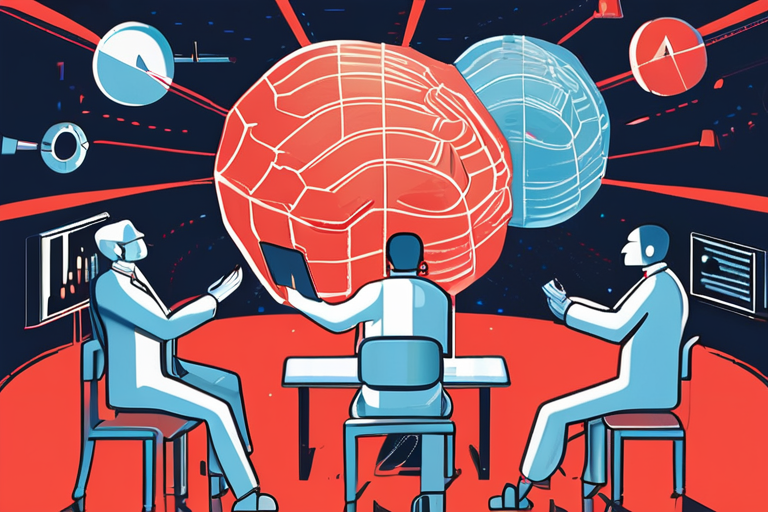
Share & Engage Share
Share this article